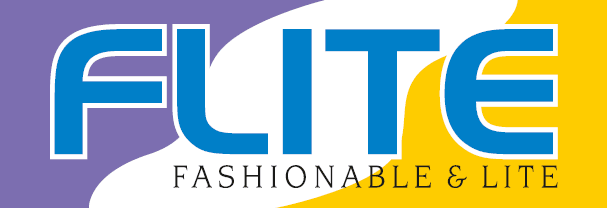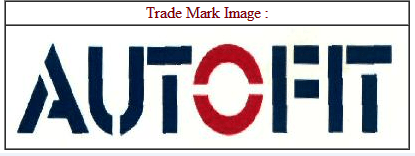Blog
THE PATENT GAMES IN INDIA
Observers from the global Intellectual Property Rights community have been witnessing, in recent times, India’s steadily increasing role and its attempts to safeguard and manage its market, particularly in relation to pharmaceutical patents. Key developments such as India’s awarding of its first compulsory licence for a patented drug and Swiss pharmaceutical giant Novartis’ court battles – challenging Indian Patent law – are noteworthy in this regard. Considering these developments as an indication, issues relating to procuring and managing IPR in the pharmacy sector is going to keep our observers engrossed for a while more.
Meanwhile, in relation to the compulsory licence development in India, the global community and campaigners were shocked to note the comments made by the CEO of Germany’s largest pharmaceutical company, Bayer AG about their oncology drug Nexavar being created for “Western patients who can afford” the expensive product rather than “the Indian market”. The video footage of the Financial Times conference where the comments were made are available on the Internet.
Extremely agitated by the issuance of the compulsory licence on its drug in India, Bayer’s CEO, Marijn Dekkers said the decision was “extremely politically motivated and essentially … theft” by the Indian government. Dekkers said the issuance of the compulsory licence and the lack of protection for patents would quash innovation in the sector. However, is that view really correct? Can a compulsory licence on an extremely unaffordable drug has the potential to damage the resources of a giant like Bayer or create a negative onset towards its innovative processes? Thinking about it, the percentage of people who believe that a compulsory licence on one drug in one country (where there is a very minimal sale due to the exorbitant price) is going to have huge negative consequences on R&D is, in personal opinion, marginal.
Going against Mr. Dekkers’ view, Mr. Rohit Malpani, director of policy and analysis at Médecins Sans Frontières (MSF), countered that interpretation by saying, “What the Indian government has done is fully consistent with trade rules under the WTO [World Trade Organization] as well as its own national law, which has put WTO rules into effect”.
Coming back to that marginal population, Bayer’s admission is notable when it said that though it is correct that the impact would be ‘marginal’, what it is truly worried about is the prospect of a “spillover” which prospect is a general threat for the whole industry. “Economically, there is no massive impact so far but this could change if more products are involved,” Bayer said, adding that if countries like India are regarded as a “role model” for other countries, “IP protection could be diluted in several jurisdictions.”
Truth is, considering that countries like India, South Africa, China and Brazil are largely middle income states where the future prospect for pharmaceutical giants to capitalize on their markets is phenomenal, laws and trends such as compulsory licence creates a dent in their lucrative dreams, leaving them agitated.
My Caring Brands
Brands and Fakes has aligned the capabilities of the service delivery eco system with the industry verticals, so that the Brands under various industry verticals and sub verticals are able to get services from expertise in their specific domains.
 Android
Android






























































